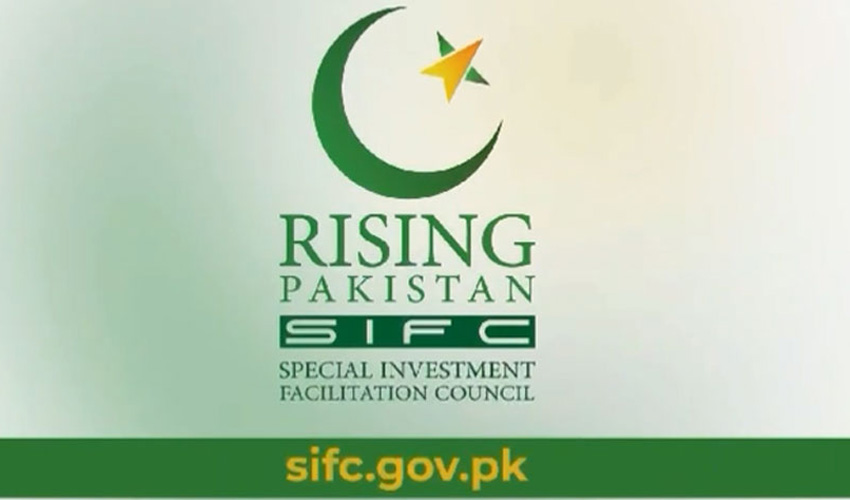An International Monetary Fund (IMF) delegation has arrived in Pakistan and commenced discussions with Federal Board of Revenue (FBR) officials on the nation’s fiscal performance.
The team, led by the FBR chairman, briefed the IMF on tax collection and revenue figures for the first quarter of the current financial year.
According to FBR officials, tax revenue reached Rs2,625 billion between July and September, covering 96.6% of the target for the first three months. However, in the four-month period from July to October, there was a shortfall of Rs190 billion in meeting the overall tax target.
The IMF delegation was informed that FBR managed to raise an additional Rs8 billion in September, surpassing the target of Rs1,098 billion.
Officials briefed the IMF team that there has been a 76% year-on-year increase in income tax returns, with over 5.2 million individuals filing returns this year, resulting in more than Rs132 billion in revenue. The FBR also achieved its Rs10 billion tax collection target from retailers during the first quarter.
The IMF team is expected to meet Finance Minister Muhammad Aurangzeb tomorrow to discuss fiscal policies and potential adjustments aimed at addressing the revenue shortfall. Minister of State for Finance Ali Pervaiz Malik and State Bank representatives also participated in the briefing.
Also Read: IMF team, Pakistan to discuss mini-budget for additional taxes
Earlier, it was reported that the government is prepping up to present a briefing on the country's economic performance in the first quarter of the current fiscal year. The IMF team will stay in Pakistan until November 15, according to Finance Ministry sources.
The government is working on its homework for negotiations with the IMF, including the features of a potential mini-budget, according to sources.
During its stay, the sources said, the IMF delegation will be briefed on tax revenue performance, trader-friendly scheme, and reforms in the energy sector. The discussions will include discussions on the features of a possible mini-budget to meet the annual tax target.
The IMF delegation will be apprised of the progress in implementation of an agricultural income tax at the provincial level, although sources indicate that provincial governments have failed to meet the October deadline for legislation.
The IMF mission will also be briefed on the arrangements for bridging the $2.5 billion financing gap. However, this visit will not cover the first review of the Extended Fund Facility (EFF) program, which is scheduled for March 2025.


























